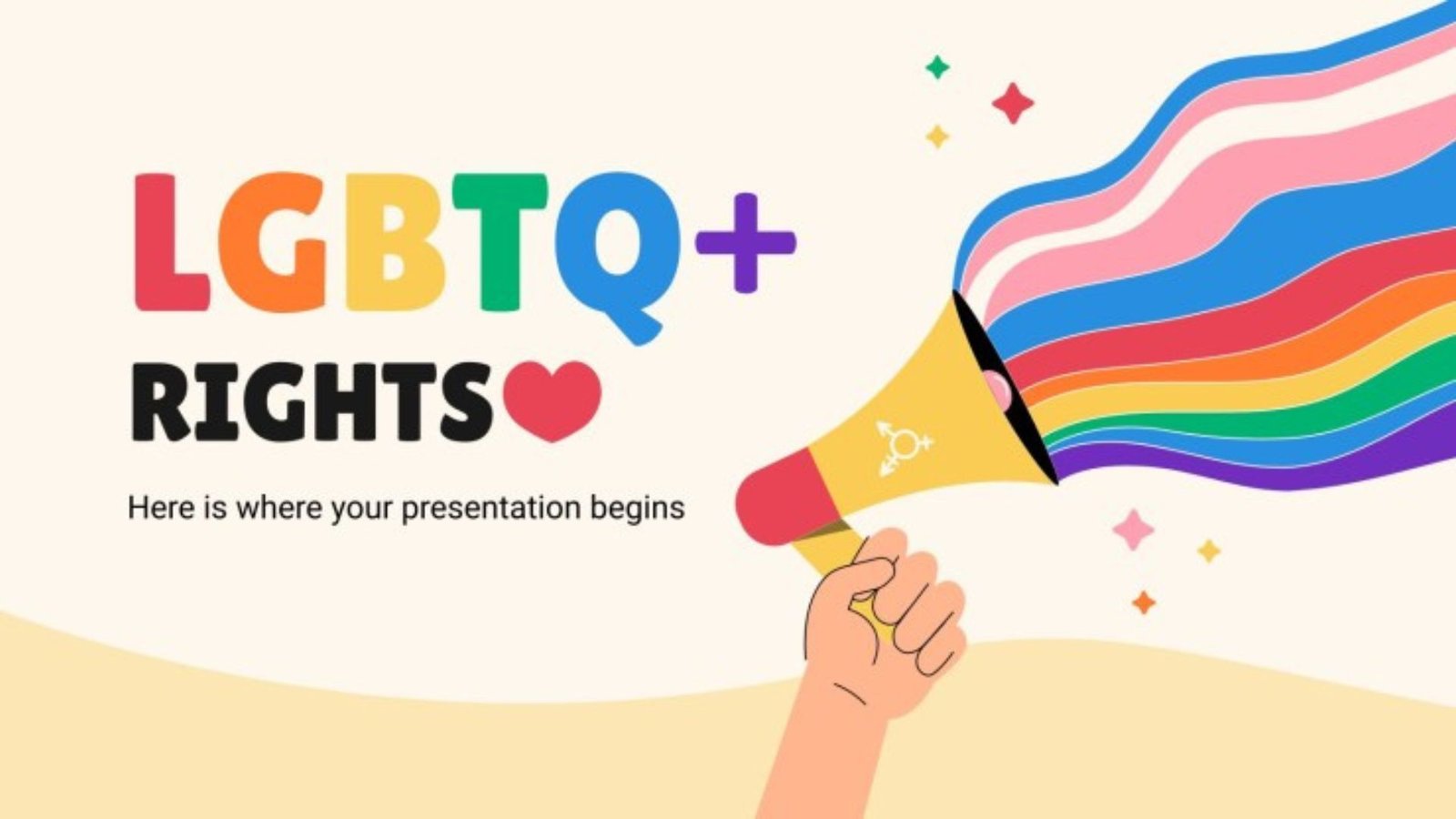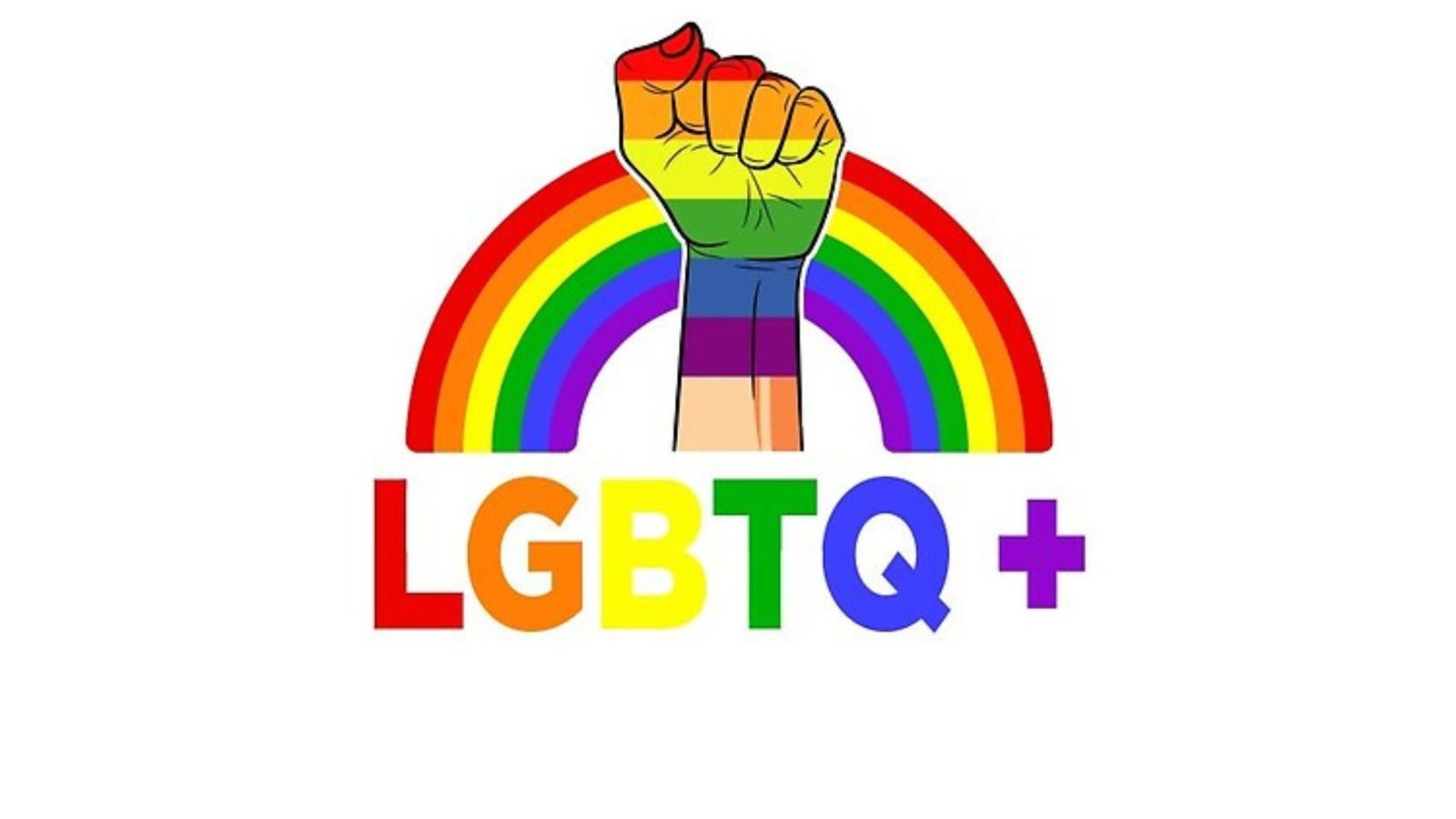|
Getting your Trinity Audio player ready...
|
The fight for LGBTQ+ rights is not a singular narrative, but rather a tapestry woven from countless threads of individual struggles, collective action, and relentless determination. It’s a story marked by moments of both profound victory and heart-wrenching setback, yet one that continues to unfold with each step forward.
Seeds of Revolution
The year 1969 witnessed a pivotal moment, a spark that ignited a movement. In New York City, a police raid on the Stonewall Inn, a popular gay bar, sparked spontaneous riots that lasted for days. This uprising, led by courageous individuals like Marsha P. Johnson and Sylvia Rivera, became a symbol of resistance against the systemic discrimination and harassment faced by the LGBTQ+ community. It marked the birth of the modern Gay Liberation Movement, paving the way for decades of activism and progress.

Pride Parades and Political Action
The Stonewall uprising led to the explosion of Pride parades, vibrant celebrations of identity and defiance that became annual mainstays in cities across the globe. These marches served not only as displays of solidarity but also as platforms for demanding change. Organizations like the Gay Liberation Front (GLF) and the National Organization for Women (NOW) emerged, lobbying for legislative reforms and raising awareness about LGBTQ+ issues.
Early Victories and Persistent Challenges
The 1970s and 1980s saw some significant advancements. Homosexuality was declassified as a mental illness, sodomy laws were gradually repealed in many states, and anti-discrimination protections based on sexual orientation were enacted in some municipalities. However, the fight was far from over. The AIDS epidemic in the 1980s disproportionately affected the LGBTQ+ community, exacerbating stigma and discrimination. Homophobic violence remained a threat, and same-sex marriage remained illegal across the country.
The AIDS Crisis and the Rise of ACT UP
The AIDS crisis, while devastating, also galvanized the LGBTQ+ community. Activist groups like ACT UP (AIDS Coalition to Unleash Power) emerged, using direct action and disruptive tactics to demand more research, funding, and government action to address the epidemic. Their tireless efforts brought about significant changes in drug development, awareness campaigns, and access to treatment.
Marriage Equality and Beyond
The turn of the century ushered in a period of growing momentum. Hate crimes legislation increasingly included protections based on sexual orientation and gender identity. The repeal of “Don’t Ask, Don’t Tell” in 2010 allowed open LGBTQ+ service in the military. Yet, the fight for marriage equality remained a central battleground.
The Triumph of Obergefell v. Hodges
In 2015, the landmark Supreme Court decision in Obergefell v. Hodges made same-sex marriage legal nationwide. This historic victory was celebrated as a major turning point in the fight for LGBTQ+ rights, representing a significant step towards equal recognition and inclusion.
Transgender Rights and Intersectionality
However, the fight for full equality encompasses far more than marriage. Transgender individuals continued to face discrimination in housing, employment, healthcare, and public accommodations. The Movement for Black Lives highlighted the intersectionality of LGBTQ+ rights with other struggles for racial justice, calling attention to the disproportionate impact of discrimination on LGBTQ+ people of color.
Bathroom Bills and the Rise of Transphobic Backlash
Despite progress, recent years have also seen alarming setbacks. Transgender bathroom bills targeting students in schools sparked nationwide protests and ignited fierce debates about gender identity and public spaces. Anti-LGBTQ+ legislation continues to be proposed and enacted in some states, eroding hard-won rights and fostering an atmosphere of hostility.
Resilience and Intersectionality
Despite these challenges, the LGBTQ+ community remains resilient and determined. Grassroots organizations, legal advocacy groups, and individuals continue to mobilize for change. The fight for transgender rights, equitable healthcare access, and protections against discrimination remains ongoing. Intersectional collaboration with movements focused on racial justice, economic equality, and immigrant rights underscores the interconnectedness of various struggles for human dignity.
A Vision for an Inclusive Future
The fight for LGBTQ+ rights is a continuous journey, marked by both significant milestones and ongoing challenges. As we move forward, it’s crucial to remember the past struggles, celebrate victories, and acknowledge the work that remains. Looking ahead, the vision is clear: a society where LGBTQ+ individuals are embraced for who they are, where equality is not just a legal principle but a lived reality, and where everyone can thrive and reach their full potential. It is a vision worth fighting for, and one that demands continued collective action and unwavering commitment.
Conclusion
In conclusion, the fight for LGBTQ+ rights remains ongoing. While significant progress has been made, legislative rollbacks, discriminatory practices, and societal prejudice continue to pose challenges. Yet, the spirit of Stonewall, the resilience of countless activists, and the unwavering pursuit of justice offer hope for a future where equality is not just a legal principle but a lived reality. This vision demands continued collective action, unwavering commitment, and a relentless pursuit of a world where all individuals, regardless of their sexual orientation or gender identity, can live with dignity and respect. The march onward continues, and with each step forward, we move closer to a brighter and more inclusive future for all.
You might be interested in:

